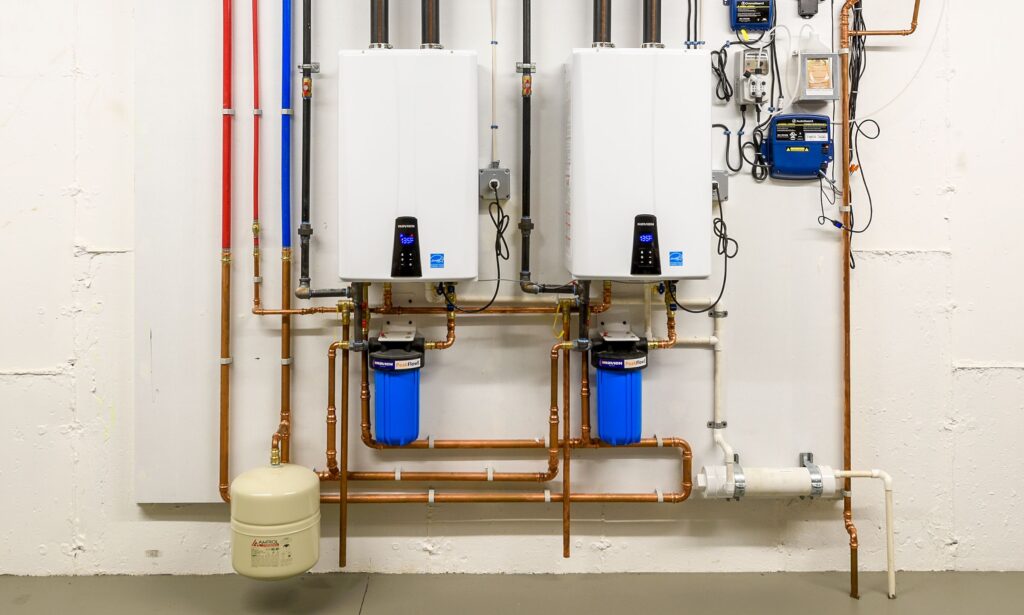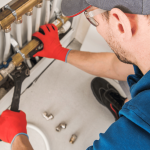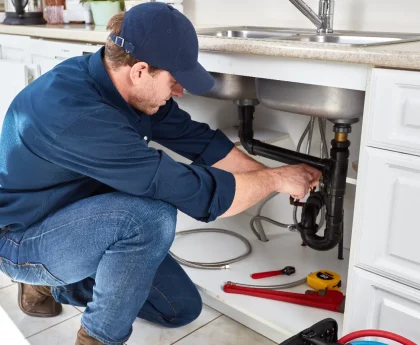Electric water heaters are a popular choice for providing hot water in homes and businesses. They offer efficiency, reliability, and ease of installation compared to other types of water heating systems. In this article, we’ll delve into the workings of electric water heaters, their benefits, installation process, and maintenance tips.
How Electric Water Heaters Work
Electric water heaters use electricity to heat water stored in a tank or on-demand as needed. Here’s a simplified breakdown of their operation:
- Heating Element: Inside the water heater tank, one or more heating elements (typically made of copper or stainless steel) are immersed in the water.
- Thermostat Control: The heating elements are controlled by thermostats that regulate the water temperature. When the water temperature drops below the set point, the heating elements are activated to warm the water.
- Insulation: The tank is insulated to minimize heat loss and maintain water temperature until it’s needed.
Benefits of Electric Water Heaters
Electric water heaters offer several advantages that make them a popular choice for residential and commercial use:
- Energy Efficiency: Electric water heaters are highly efficient, converting nearly all the electricity into heat. Newer models also feature improved insulation, reducing standby heat loss.
- Cost-Effective: Electric water heaters are generally more affordable to purchase and install compared to other types of water heaters, such as gas or solar.
- Ease of Installation: Electric water heaters are easier to install because they don’t require venting like gas heaters. They can be installed almost anywhere there’s access to electrical power and plumbing.
- Safety: Electric water heaters have fewer combustion-related safety concerns compared to gas water heaters, making them a safer choice for some households.
Installation Process
Installing an electric water heater involves several key steps:
- Selecting the Right Size: Determine the appropriate size (gallon capacity) based on your household’s hot water usage and space constraints.
- Preparing the Installation Site: Choose a location near an electrical outlet and cold water supply line. Ensure there’s adequate space for the water heater and easy access for maintenance.
- Disconnecting Utilities: Turn off electricity at the breaker panel and shut off the water supply to the existing water heater.
- Removing Old Water Heater: Drain the old water heater and disconnect it from plumbing and electrical connections.
- Installing New Water Heater: Position the new water heater in place, connect the cold water inlet and hot water outlet, and secure the electrical connections according to local codes.
- Filling and Testing: Open the hot water faucet to release air from the tank and allow it to fill completely. Test for leaks and ensure proper operation of the heating elements.
Maintenance Tips
To keep your electric water heater running efficiently and extend its lifespan, follow these maintenance tips:
- Flush the Tank Annually: Drain and flush the tank annually to remove sediment buildup that can reduce heating efficiency.
- Check the Anode Rod: Inspect the anode rod annually and replace it if it’s corroded. The anode rod helps prevent corrosion inside the tank.
- Monitor Thermostat Settings: Set the thermostat to an appropriate temperature (typically around 120°F or 49°C) to prevent scalding and reduce energy consumption.
- Inspect for Leaks: Regularly check for leaks around the tank, pressure relief valve, and plumbing connections.
- Schedule Professional Inspections: Every few years, have a professional plumber inspect the water heater for signs of wear and potential issues.
Conclusion
Electric water heaters provide efficient and reliable hot water for homes and businesses. By understanding how they work, their benefits, installation process, and maintenance requirements, you can make informed decisions when choosing and caring for an electric water heater. Remember to consult with a licensed professional for installation and maintenance tasks to ensure safety and optimal performance.




